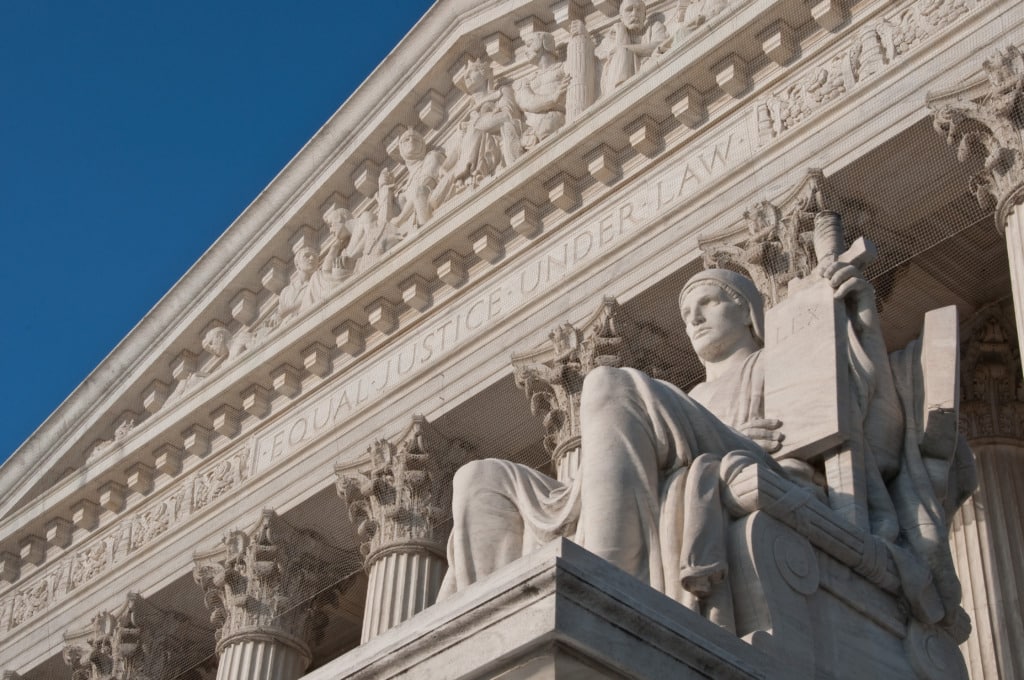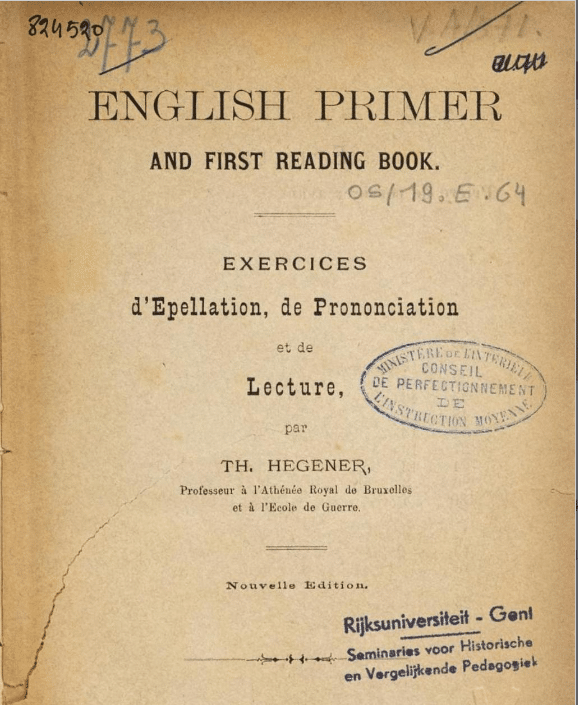Rule 19 and Continuing Litigation in Peterson v. Bank Markazi
Last November, the Second Circuit decided in Peterson v. Bank Markazi that Bank Markazi, Iran’s Central Bank, remained immune from suit under the Foreign Sovereign Immunity Act (FSIA) despite the enactment of 22 U.S.C. § 8772, which subjects certain Iranian assets to “execution or attachment” to satisfy judgments against Iran. The district court will now…
Continue ReadingD.C. Circuit Revives Case by Former Saudi Official with Ties to U.S. Intelligence
Dr. Saad Aljabri, a former Saudi official who lives in Canada, sued Crown Prince Mohammed bin Salman (“MBS”) and other defendants, alleging that they tracked him down and tried to kill him because of his relationship to the United States and to the former Crown Prince of Saudi Arabia. As covered at TLB, federal district…
Continue ReadingThe Perils of Rule 44.1
Late last month, Judge Malachy E. Mannion of the Middle District of Pennsylvania ruled on a motion for summary judgment in Epsilon-NDT Endustriyel Kontrol Sistemleri Sanayi VE Ticaret, A.S. (“Epsilon”) v. Powerrail Distribution, Inc. (“PowerRail”). From one perspective, this case is an unremarkable business dispute arising out of an international contract. But from another perspective,…
Continue ReadingNew Article on Cross-Border Discovery
In the most recent issue of Judicature, Judge Michael Baylson and Professor Steven Gensler have a new article related to cross-border discovery—that is, discovery abroad in support of adjudication in U.S. courts. The whole article is worth readers’ time, though I will only briefly summarize it here. As TLB readers know well, cross-border discovery is…
Continue ReadingPreliminary Injunctions and the Hague Service Convention
In Whirlpool Corporation v. Shenzhen Sanlida Electrical Technology Company, the Fifth Circuit addressed the interaction between the Hague Service Convention and the preliminary injunction. Briefly, Whirlpool sued Shenzhen in the Eastern District of Texas for trademark and trade dress infringement related to Whirlpool’s “iconic” KitchenAid mixer. (Much like a prior Seventh Circuit case, this one…
Continue ReadingThrowback Thursday: Federal Rule 44.1
For this installment of Throwback Thursday, we are going back to the year 1966. In that year, the Supreme Court adopted important changes to the Federal Rules of Civil Procedure governing class actions, amendments that have garnered substantial commentary ever since. This post addresses a less-heralded change, the introduction of Federal Rule 44.1 governing foreign…
Continue ReadingSupreme Court Ducks Fifth Amendment Due Process Question
The Supreme Court denied certiorari yesterday in Douglass v. Nippon Yusen Kabushiki Kaisha. This highly-watched case raises an important question that the Court will have to address sooner or later: the Fifth Amendment due process limitations on personal jurisdiction. The Supreme Court’s personal jurisdiction cases have repeatedly interpreted the Due Process Clause of the Fourteenth Amendment…
Continue ReadingA Primer on Service of Process
Serving process on a defendant does two things: (1) it asserts the court’s authority over the defendant; and (2) it provides the defendant with notice of the lawsuit. In the United States, process can be served by private parties. But many foreign states regard service as a public act that can be done only by…
Continue ReadingSDNY Rejects Service by Email on Chinese Companies
In Smart Study Co. v. Acuteye-US, a federal court in the Southern District of New York (Judge Gregory Woods) rejected service by email on Chinese companies in a trademark and copyright infringement case. China and the United States are parties to the Hague Service Convention. The court reasoned that the Convention precludes service by email,…
Continue ReadingA Primer on State Law in Transnational Litigation
The procedural and substantive rules that U.S. courts apply in transnational litigation come from many sources, including the U.S. Constitution, international treaties, customary international law, federal statutes, federal rules, and federal common law (both preemptive and non-preemptive)—but also, state statutes, state rules, and state common law. This primer focuses on the underappreciated role of state…
Continue Reading





